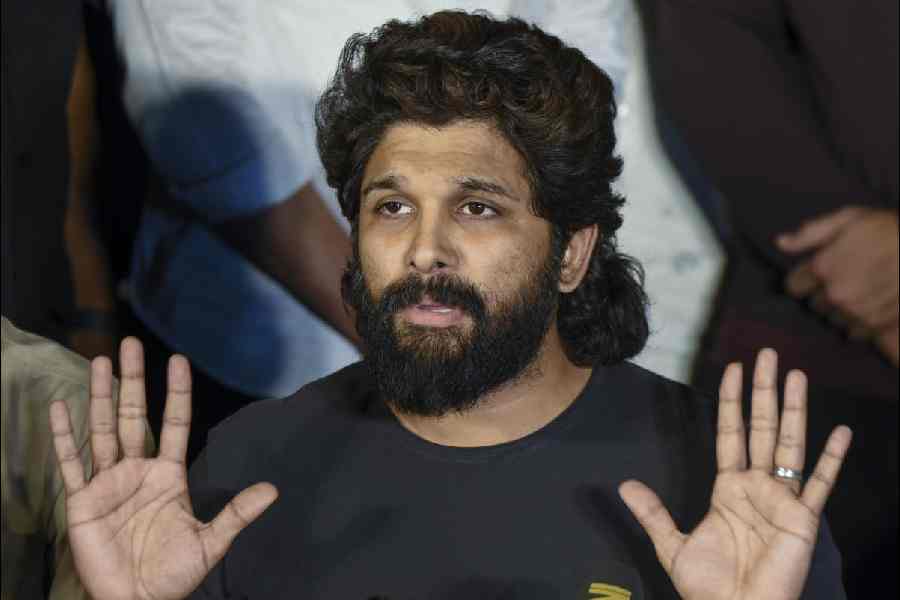India is the one country in the subcontinent that shares a border with every other member country except Afghanistan. It also has the largest economy and the most stable polity in the region. Thus, India’s involvement and leadership are essential for any regional organisation to function. But the inability of South Asian countries to come to a consensus on policy has led some Indian commentators to proclaim the ‘death of South Asia'. Such proclamations attach too much importance to the failure of the South Asian Association for Regional Cooperation.
SAARC’s inception and the establishment of its institutions happened in an era when India’s influence in the region was uncontested. It was then seen as a platform through which India could assert its political dominance over South Asia. However, as SAARC becomes increasingly dysfunctional and China makes steady inroads into India’s neighbouring nations through economic investments, South Asia no longer remains India's backyard as it was two decades ago.
The reason why allegations of India losing its grip over South Asia are whispered these days is because a large number of people seem to have bought into the Narendra Modi government’s narrative that India, under its current political leadership, has attained the status of a vishwaguru. Over the last few years, there has been a growing assertion among Indian officials and analysts that the nation has arrived on the global stage and is on its way to becoming a global power. Last year, the then Union minister, Smriti Irani, had claimed that Modi’s leadership has led India to the cusp of being a "superpower". A similar claim was made by Yogi Adityanath, the chief minister of Uttar Pradesh. Such rhetoric is aimed at making the people believe that today’s India is a much bigger player on the international stage than it was during the tenure of previous governments. A survey conducted by the Washington-based Pew Research Center has, in fact, shown that 68% of Indians believe that India’s global stature has increased significantly in the prior decade. This sentiment was, however, shared by only 28% of the respondents from countries other than India. The results of this survey show that the Indian government has succeeded in creating a larger-than-life image of the nation to convince the people about India's clout on the global stage.
The ‘end of South Asia’ narrative can thus be seen as a rhetorical manoeuvre to deflect attention from the recent failures of India’s regional foreign policy by suggesting that India has outgrown the need to influence South Asia and now has the wherewithal to look beyond its neighbourhood. However, the question that needs to be asked is this: can any country be a global power without being able to influence its immediate neighbourhood?
South Asia is not just a geopolitical space; it is also an ecological space. It shares oceans, rivers, and mountains and, thereby, shares the problems of floods, earthquakes, heatwaves, and cyclones among its nations. In a world increasingly affected by climate change, not engaging with one's neighbours cannot be an option for any country, especially one that claims the status of a global power. The problems of tomorrow will ensure that countries begin to think regionally. Hence regional institutions will emerge as the primary markers. Can India then afford to not look at its neighbourhood in the near future?










